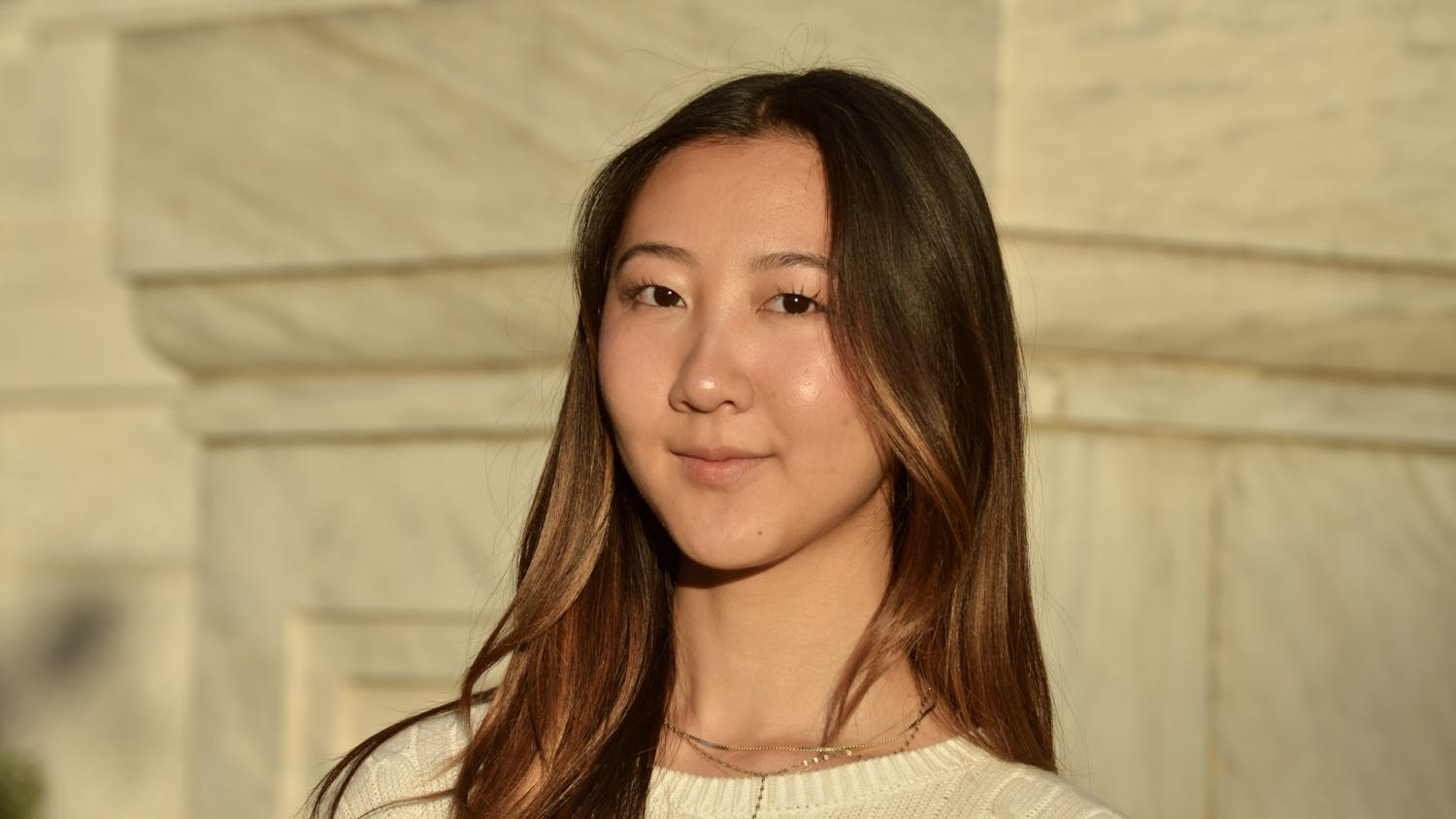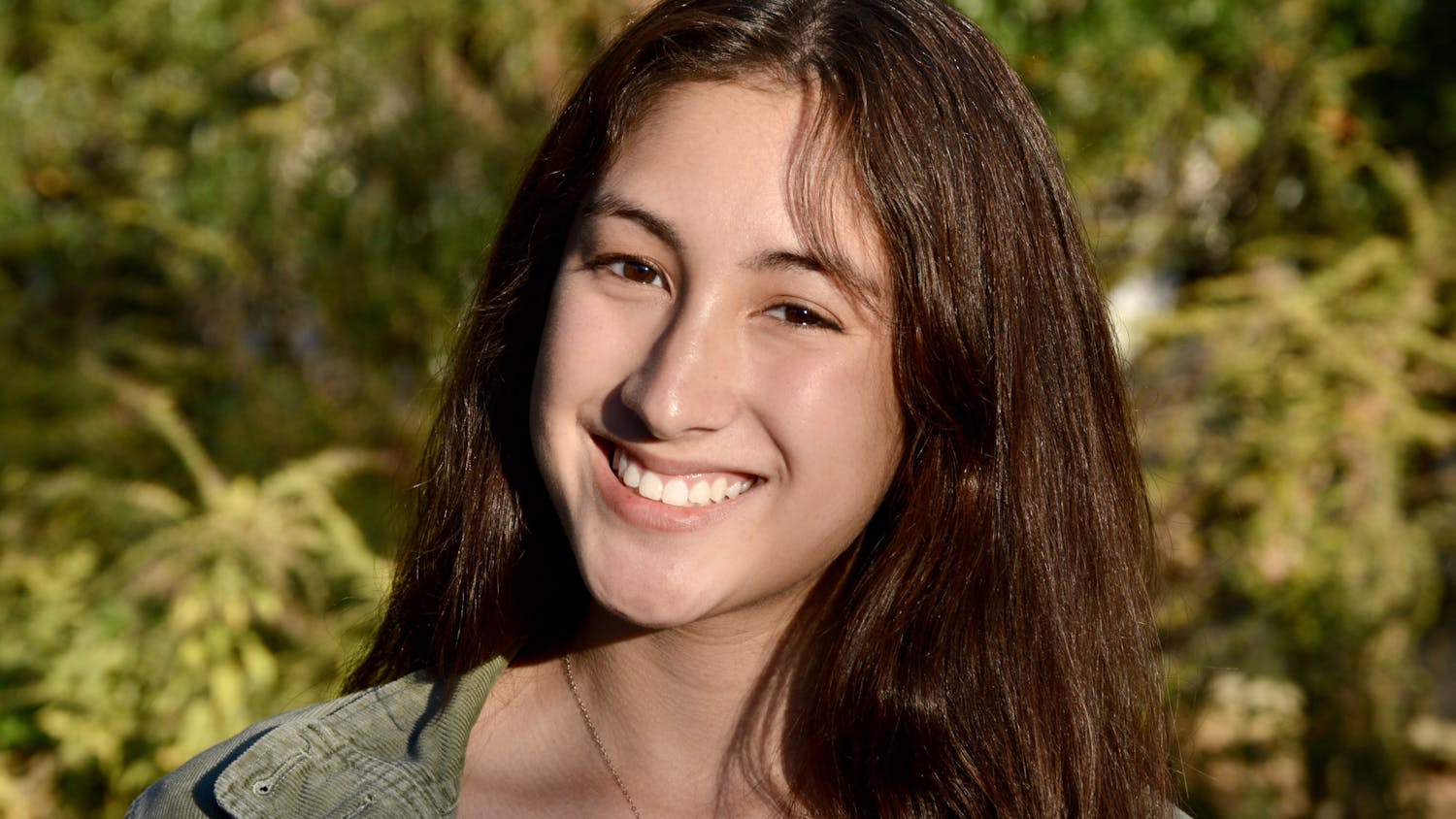When I applied for AU's Orientation Leader (OL) job a couple of months ago (a job I did not get, by the way), I was fascinated by two sections it had on the cover page. Section I said, "You give:" and Section II said, "You get:". Essentially it listed the duties and perks of being an OL.
Inspired by these sections, I have decided to create my own variant for this column. You, the reader:
Will give me 15 minutes of your time. That ought to be enough time to read about 600-800 words, right?
Will provide feedback on this column. What topics would you like me to write about?
Will put up with my convoluted and terribly long sentences.
I, the columnist:
Will refrain from using too many clich?s.
Will try very hard to be entertaining.
Will pay close attention to your feedback and write about the issues that you bring up.
Will not generalize that my experience is the experience of every international student. This column will reflect my views, which may or may not be shared by other international students.
I decided to call this column "The Foreigner." I read somewhere that one should refrain from calling international students "foreign students" because it denotes that they are outsiders and unwelcome.
I think the word "foreigner" denotes I am an outsider; I don't think it means that I am unwelcome. I certainly have never felt unwelcome here. More importantly, what's so wrong in being the outsider anyway? I think it provides a different perspective on virtually anything.
My first day in the United States was awful. I was nauseated from the awful airline food, couldn't find the relatives or luggage, and I had just gotten off the fourth interconnecting flight from my home in Bangalore, India, to Dulles Airport in Virginia.
Finally I found the bags, and I found the family. There was some brief hugging, and I walked toward the car, still nauseated. The car had a "Van Hollen for Congress" sticker on it.
"We're a family of Democrats," my cousin Amit said loftily. "However, you are free to form your own opinions, and you might even decide to support the Republicans if you see fit."
I looked disdainfully at my cousin. "Why on earth would I support a party when I can't even vote for it? I am the outsider here, so why would I take sides?"
"Well," Amit said,ÿ"this is Washington, D.C. You will take a side."ÿÿÿÿÿÿÿÿÿÿÿÿÿÿÿÿÿÿÿÿÿÿÿÿÿÿÿÿÿÿÿÿÿÿÿÿÿÿÿ
At that point, I was convinced I wouldn't be dragged into the melee that is American politics. I had my views on American foreign policy, but that was about it. I was going to be neutral, third party, no affiliation, an outside observer ... something like that.
So as you can see, one of the chief functions that I aspire to, as a foreigner, is to be the impartial observer. Let the restless natives battle it out while the foreigner laughs at their antics. Stand on the sidelines, take notes and report back to the home front. Reflect on why the natives are as they are, and share this information with fellow foreigners. Return to the homeland, sufficiently smug that I know what those natives are like, and that I know better.
Talk about delusional.
I quickly realized that in D.C., there is no neutral ground. All of you who manage to be apolitical in this town, I commend you, because I have no clue how you do it.
Now, I had only two choices here: I could choose what most people supported, or I could go with the vocal minority. Depending on where you are, the vocal minority differs. On campus, clearly the Republican supporters are the minority. It's vice-versa off campus.
Suffice it to say that in the end, I did choose sides, and it matched the beliefs I held even before I stepped on American soil.ÿÿ
Before I came to the United States,ÿ the dual-party system to me had been nothing more than an intellectual argument that I supported in my political science class. I had often argued that the two party system brought stability and continuity. I could now see its tragic flaw - polarization.
Mishri Someshwar is a freshman
in the School of Communication. This recurring column will look at the AU and life in the United States through the eyes of an international student.




